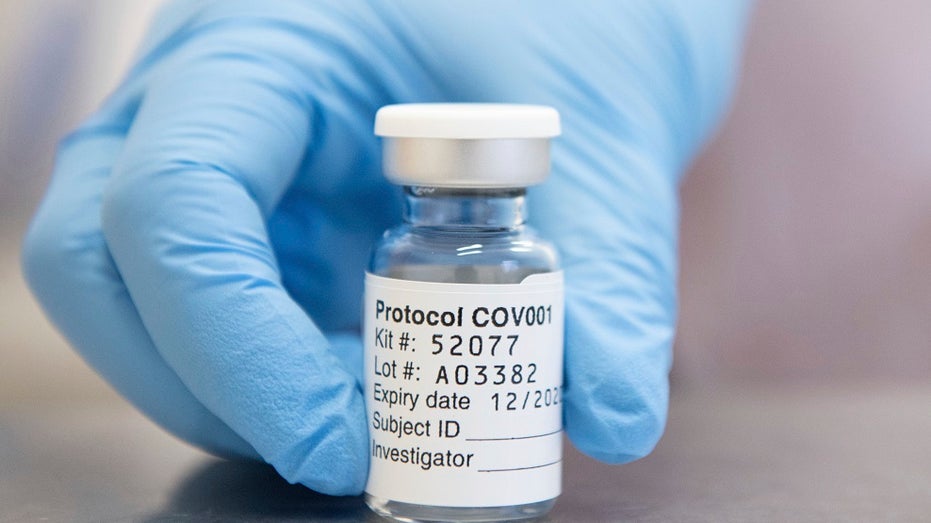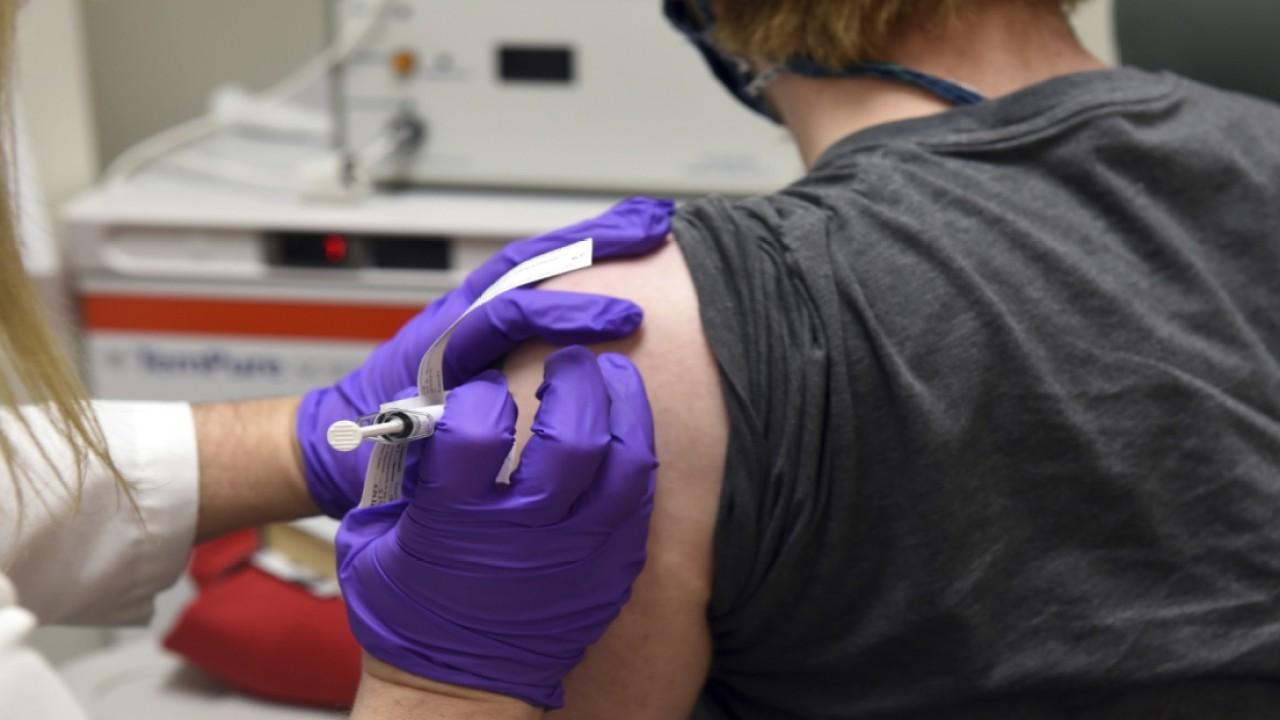Covid-19 Vaccines Are ‘Liquid Gold’ to Organized Crime, Interpol Says
Interpol chief: We must prepare for 'all types of criminal activity linked to the Covid-19 vaccine.'
Criminal gangs will likely attempt to get their hands on the new Covid-19 vaccines, international police organization Interpol warned, potentially disrupting supplies of the crucial shots as they become available.
The agency issued a global orange notice—which it describes as a serious and imminent threat to public safety—to its 194 members, calling the vaccines “liquid gold.” It warned that counterfeit vaccines or fake coronavirus tests could become a growing problem as international travel gradually resumes in the months to come.
“As governments are preparing to roll out vaccines, criminal organizations are planning to infiltrate or disrupt supply chains,” Interpol Secretary-General Jürgen Stock said late Wednesday. “It is essential that law enforcement is as prepared as possible for what will be an onslaught of all types of criminal activity linked to the Covid-19 vaccine.”
Interpol issued the warning after the U.K. became the first country to grant emergency-use authorization for a vaccine. Developed by Pfizer Inc. and BioNTech SE, the rollout could start next week. Regulators in the U.S. and other countries are now evaluating the new two-shot vaccine and other candidates before authorizing them for distribution.
Over 2,800 people were reported to have died from Covid-19 in the U.S. on Wednesday, the highest figure since the pandemic began. Pfizer has already begun shipping shots to distribution sites in anticipation of gaining approval from the Food and Drug Administration, which is planning to review the vaccine on Dec. 10 and could authorize its use soon after.

This undated photo issued by the University of Oxford shows of vial of coronavirus vaccine developed by AstraZeneca and Oxford University, in Oxford, England. (University of Oxford/John Cairns via AP)
However, criminals would face the same logistical challenges as the drug companies in the shipping and storing the Pfizer-BioNTech vaccine and another candidate produced by Moderna Inc.
Both vaccines use new technology that uses mRNA, the molecular couriers that carry genetic instructions to cells in the human body. They prompt cells to make a synthetic version of the spike protein that juts out from the surface of the coronavirus that causes Covid-19, triggering the immune response needed to defend against it.
The U.K. granted emergency-use authorization for Pfizer and BioNTech’s Covid-19 vaccine and could begin distribution to the most vulnerable populations within days. Photo: University of Maryland School of Medicine/Associated Press
Trials indicate the vaccines are effective, with an efficacy rate of 95% in the case of the Pfizer vaccine. But they have to be kept at super-cold temperatures that require freezer boxes packed with dry ice and are equipped with thermo-sensors to ensure safe delivery.
Interpol didn’t immediately respond to questions on whether there was evidence that criminal organizations had already obtained the equipment needed to distribute vaccines safely.
Criminal groups have already attempted to take advantage of the pandemic, hoarding supplies of personal protective equipment in some instances, Interpol said, or illegally selling medicines online.
As legitimate vaccines are rolled out, criminals may attempt to sell or advertise fake vaccines or counterfeit Covid tests, the organization warned, which could undermine trust in the broader supply chain and, potentially, risk lives.
There has already been an uptick in global cybercrime as various lockdown regimes were enforced and people spent more time online. Interpol’s cybercrime unit has identified about 3,000 websites suspected of selling illicit medicines and medical equipment, and over half of those also harbored phishing and spamming software.
Hackers have used a range of ransomware to attack hospitals and health-care facilities in several countries as they were gearing up to handle the first wave of Covid-19 infections.
CLICK HERE TO GET FOX BUSINESS ON THE GO
Police officials at the time said ransomware attacks, which encrypt files and make it impossible for victims to access data unless they pay to retrieve it, could be particularly damaging during a major health crisis like the current pandemic.
They included a cyberattack that disrupted services at a hospital in the Czech Republic administering coronavirus tests, and a public-health district in Illinois paid hackers $350,000 to decrypt data after a ransomware attack.
An earlier version of this article said that over 3,000 people were reported to have died from Covid-19 in the U.S. on Wednesday. Johns Hopkins University, which compiles the data, revised the figure to 2,804 after an error in the numbers of deaths in Eureka County, Nev., was discovered.




















